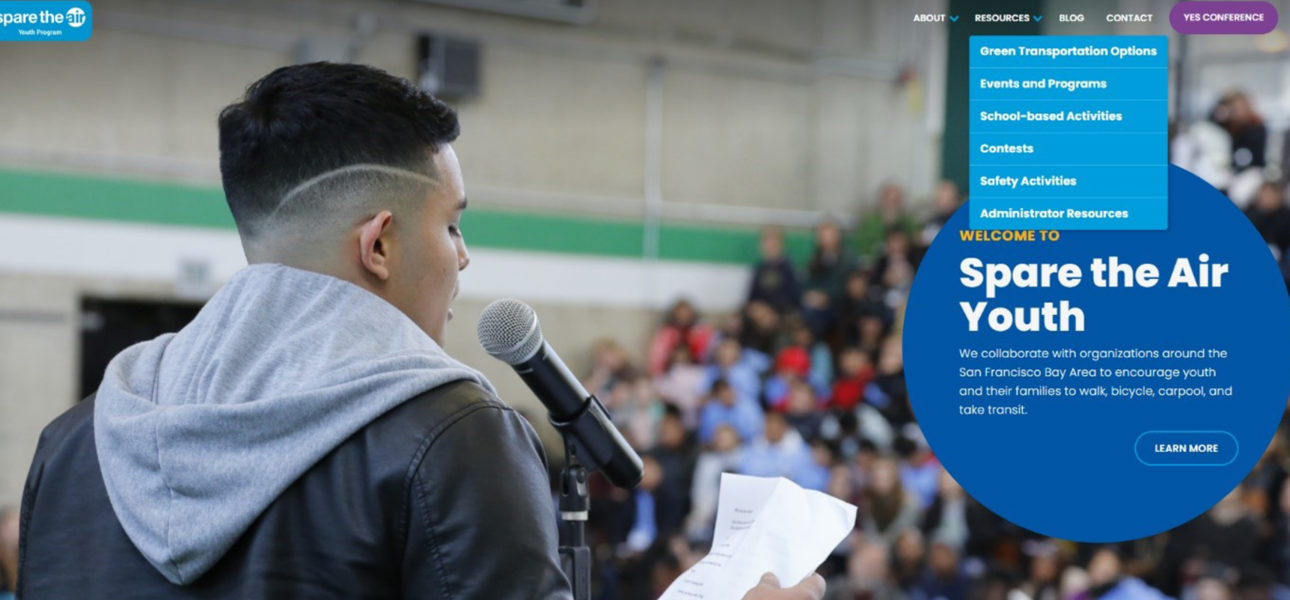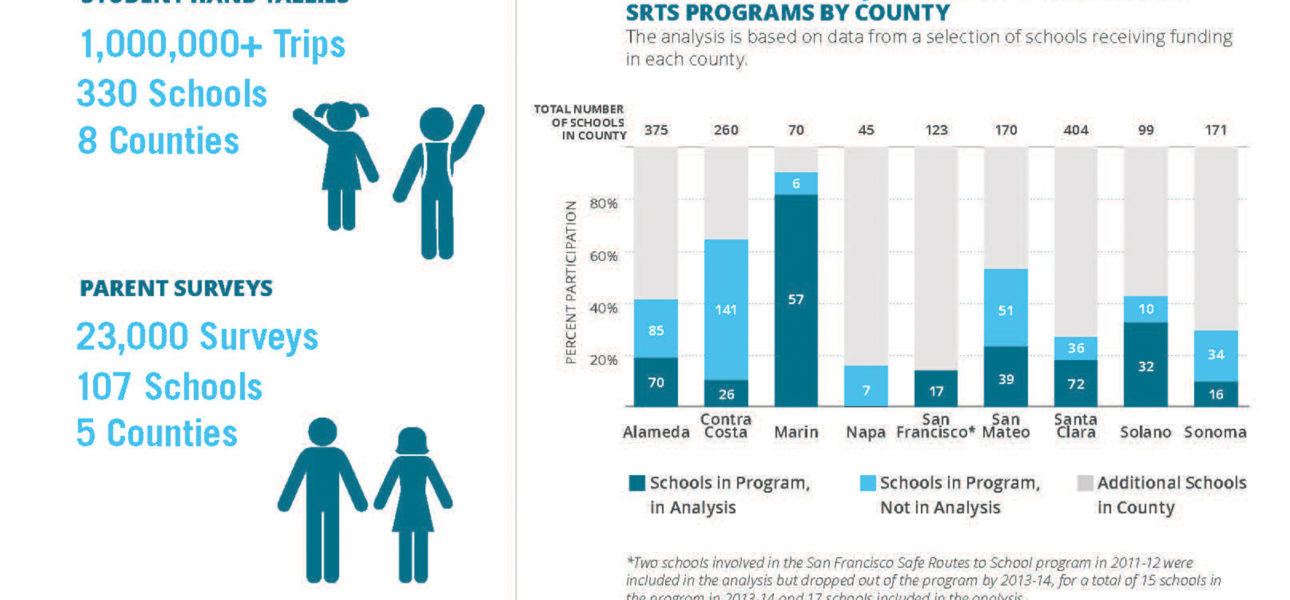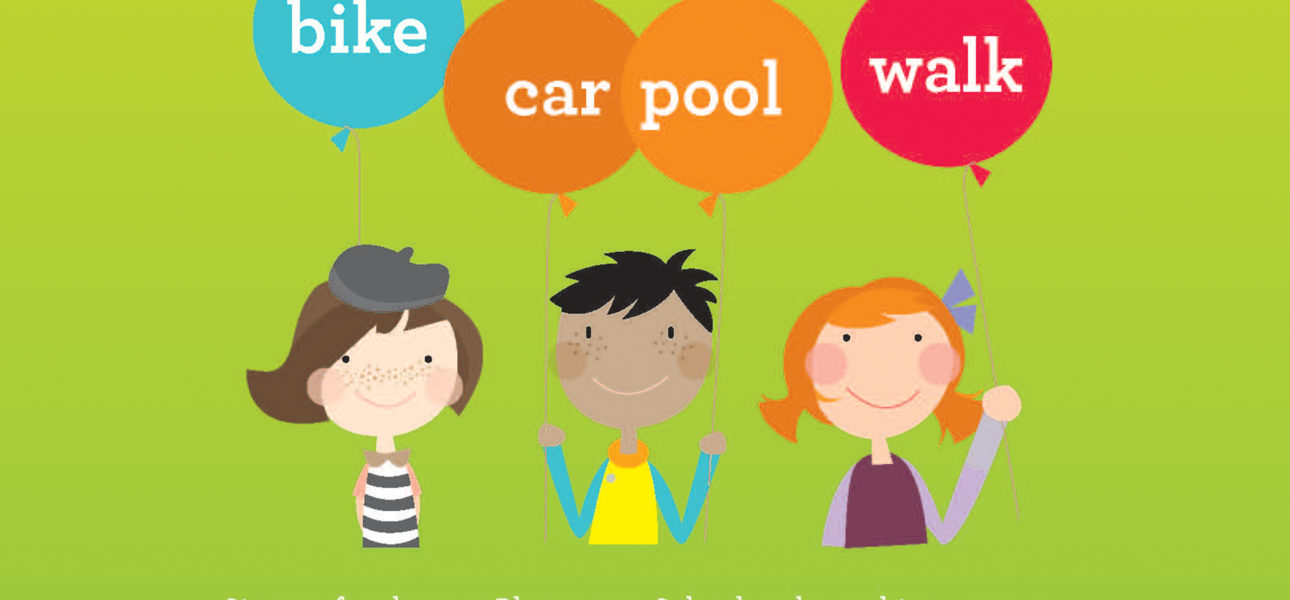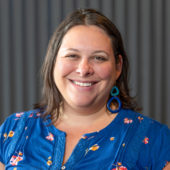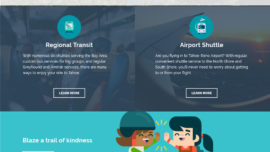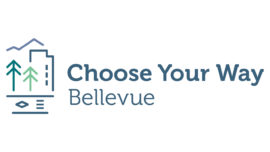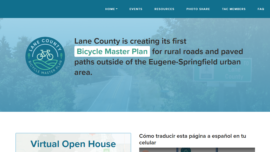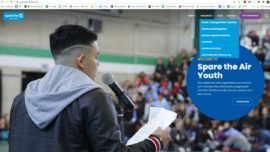Alta has led the San Francisco Bay Area Metropolitan Transportation Commission (MTC)’s Award winning School and Youth Outreach Program, known as Spare the Air Youth since 2010.
The program aims to educate, inspire and empower youth and their families to walk, bicycle, carpool, and take transit by bringing SRTS Practitioners together from across the Bay Area. Alta facilitates a quarterly practitioners meeting, produces a newsletter, and leads other activities to coordinate between SRTS providers. In addition, Alta leads a team of vendors who deliver direct education across the region, including the Bay Area BikeMobile mobile bike repair van, family biking clinics, and high school mini grants.
As part of the program, Alta created a toolbox containing the most effective and innovative school outreach approaches to reducing greenhouse gas emissions and vehicle miles traveled in the Bay Area and compiled the information in a website for students, parents, and educators.
Alta’s Web Design and Development team redesigned the website in 2019 to be more engaging and interactive for youth as well as SRTS practitioners who work with them. The redesign began with content strategy and a content inventory of the site, with the broad goal of making the website easier to navigate, and more user-friendly and accessible. Alta produced a revised sitemap, restructured and revised content, and brought the site through a full visual design and custom development process to relaunch it publicly on MTC’s dynamic CMS platform of choice. Resources include information about Green Transportation Options, Events and Programs, School-Based Activities, Contests, and Safety Activities.
During the pandemic school closures, Alta has supported several working groups of practitioners, facilitating conversations about taking outreach and engagement online, school streets initiatives, evaluating online engagement, and a high school working group. Previously, Alta supported an annual youth conference: Youth for the Environment and Sustainability (YES), which was cancelled in March 2020. The previous conference featured over 1,000 attendees and 50 student-led, interactive presentations. Learn more here.

